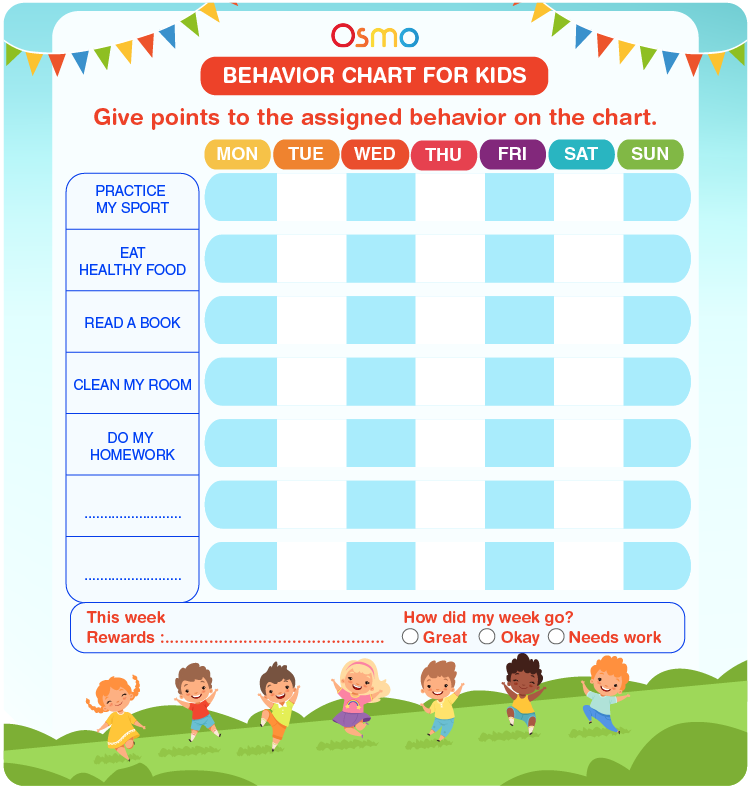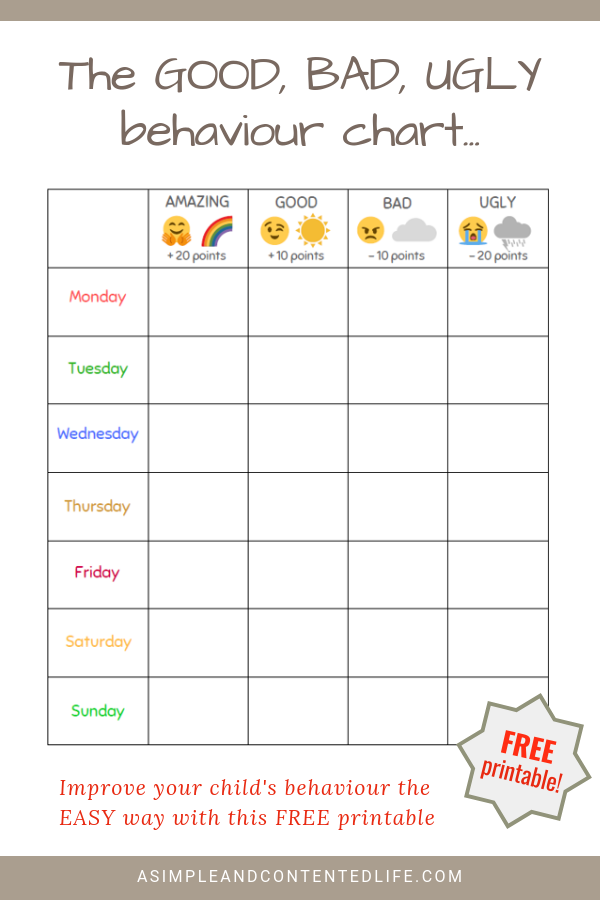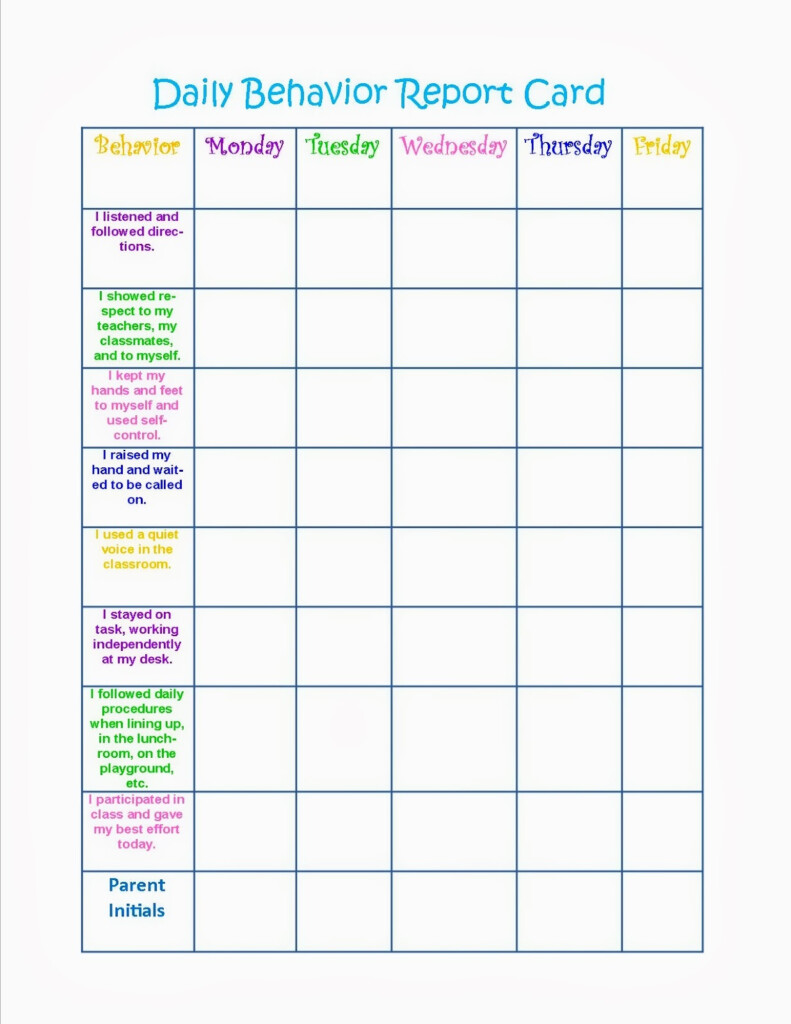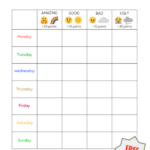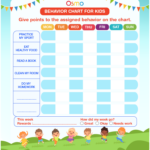My Behavior Chart – As a teaching tool, you may use a behavior sheet. These charts can be used by teachers to monitor the behavior of students. The chart can be used as reward system for good behavior or to penalize poor behaviour. Teachers and parents can be able to monitor the development of their child. There are other options than creating a plan for behavior.
Incorporate the reward into the child’s record of behavior.
If you’re considering implementing a reward system for your child, it’s a good idea to not hurry. A rewards system can lessen the possibility of negative reinforcement while supporting positive behaviour. Rewards systems can boost confidence in your child, particularly if they are teenagers.
Your child’s willingness to make little effort is all that will allow your rewards system to work regardless of the number of alternatives are on offer. With the advancement of technology that rewards your child for excellent behavior can now be done quickly and consistently while still being pleasing.
There isn’t a single answer There aren’t many options in the world. It is crucial to experiment with various reward options until you find the ideal combination. It is vital to pick a subject or topic that your child enjoys. To anticipate reward for behavior that is good, your youngster requires training. For instance, you could you could reward a child with a toy for lending to you. On the other side it is not possible to guarantee a child the latest gaming console.
The main drawback of incentives, however, is the risk that you won’t see any results. Your child may discover a better fit in an alternative location or in choose a different method.
The teacher should display the reward on their behavior chart.
Rewarding your children is one of the most effective ways for them to be motivated to do something. The reward can be in the form of an item of food or a present. The incentive should be limited in times of stress.
Your pupils may be able to manage their lives with greater ease when you implement the reward system in a more regulated manner. One way to reduce stress at the beginning of school is to reduce rewards for the beginning of the year’s first two-thirds. A reward system that incorporates positive reinforcement can actually help to avoid this problem altogether.
Making the classroom more enjoyable for both the teacher and students is another advantage of having a reward system in place. A fantastic way to let students know that you truly care about your students is to reward them with rewards.
A chart can be a fantastic tool. This is particularly important when you teach youngsters in the elementary or preschool age. It is important to consider the whole school year, as well as the individual needs and wishes of the students when selecting a reward program.
There are many alternatives to charting behavior
To address inappropriate behavior in schools There are a variety of options. Behavior charts are a method that has been used for a long time. They act as reinforcement. They can help children to enhance their self-control and perform better.
Behavior charts are used to monitor students’ behaviour and can be a valuable advantage for teachers. While they might work for some students however, they might not be effective equally well for others.
They’re still a favorite teaching tool for young children. They are used by many parents to motivate their children to perform well in school. Teachers may also employ them to acknowledge students’ outstanding behaviour.
Many people wonder whether they should quit using these products. Even with their wide-spread use there are better and safer alternatives.
Positive Behavioral Intervention and Support is a common strategy (PBIS). This approach teaches kids how to avoid wrongdoing instead of punishing them for their actions. Based on real-world relationships and teaches children how best to support one another during times that are arousing.
There are other strategies including the use of chore charts and behavior cards. Certain kids may be motivated more by bigger prizes. Children younger than them are likely to get more excited by prizes.
